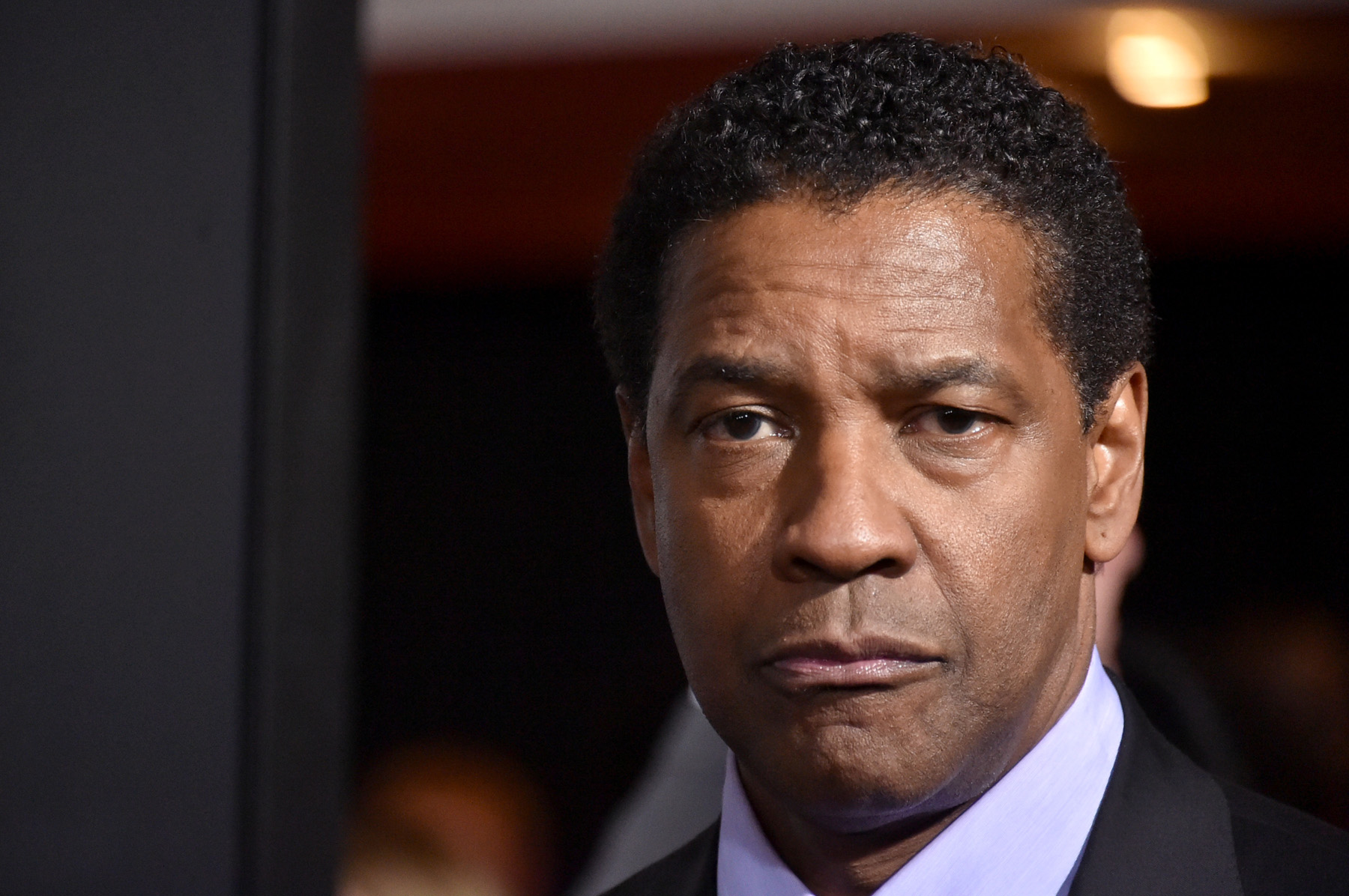
- Industry
Denzel Washington
After winning the Tony Award in 2010 for playing the lead character, Troy, in August Wilson’s Pulitzer winning play, Fences, Denzel Washington reprises the role in the play’s film adaptation, which he also directed. Yet again, his performance was greeted with critical praise and garnered him an 8th Golden Globe nomination (Washington has won twice and received the Cecil B. deMille Award in 2016.
Set in 1950 Pittsburg, Fences explores universal themes like family values and personal ambitions through the examination of race discrimination and African-Americans’ lives from the perspective of a 53-year-old man. Troy was a great baseball player in his youth, but now he works as a garbage collector. Convinced that his skin color is an obstacle to his career advancement, Troy vents his bitterness and frustration on his loved-ones, jeopardizing his son Cory’s dream to become a football player and cheating on his wife, Rose (played by Golden Globe nominee Viola Davis) with another woman.
The Golden Globe-winning actor spoke to the HFPA about racism and the African American experience. “It’s a process. If you’ve been held back for 400 years as most African Americans have, it will take time, not just to stand up, but for those to recognize you, for those to embrace you and those to think that you’re good business. Every generation struggles for the next ones and helps in paving the way for them to do better.”
Troy, however, stymies his son’s attempt to ride the tide of progress, because he believes that racial discrimination will render his endeavors futile. Troy’s behavior, according to Washington, is the real obstacle to progress. “When I was nominated for Malcolm X and Al Pacino won for Scent of A Woman, people said ‘Well, is that racist because he won and I didn’t?’ I said ‘Al Pacino was nominated eight times and hadn’t won. I had been nominated twice and I already won. So it’s easy and sometimes convenient to say it’s racial.’”
The son of a Pentecostal minister and a beauty parlor owner has himself been a symbol of African American progress in the entertainment industry since he made his major career break in 1982, starring as Dr. Phillip Chandler in NBC’s television hospital drama St. Elsewhere. He was one of only a few African American actors to appear on the series for its entire six-year run.
In 2000, he was the first black American to win a Golden Globe award for Best Actor in a Motion Picture Drama (The Hurricane) in 36 years, since Sidney Poitier won it in 1963. He had already won the trophy in the Best Supporting Actor category in 1989 for portraying a defiant, self-possessed ex-slave soldier in Glory. And at the 2016’s Golden Globe ceremony, he was honored with the Cecil B. deMille Award.
The 63-year-old star’s success is not limited to winning accolades. Over the course of his three decades career, his movies have generated over $3 billion in the box office. Few actors can guarantee the solid numbers his movies consistently deliver. In fact, he has arguably outlasted white actors of his generation, such as Tom Hanks and Julia Roberts, who have seen their box office power wane over the last ten years.
“We all have to keep trying, and not just point the finger at the one who has to make the hard decision,” he says. “You’ve the right to be angry, but you gotta do something about it. It requires hard work, perseverance and sacrifices for the next generation.”
Washington believes that racism can’t be beaten by law. “You can’t legislate love,” he explains. “If you go home and teach your son to hate, then law won’t be able to stop it.”
What is his solution? “Go watch Fences,” he chuckles!

